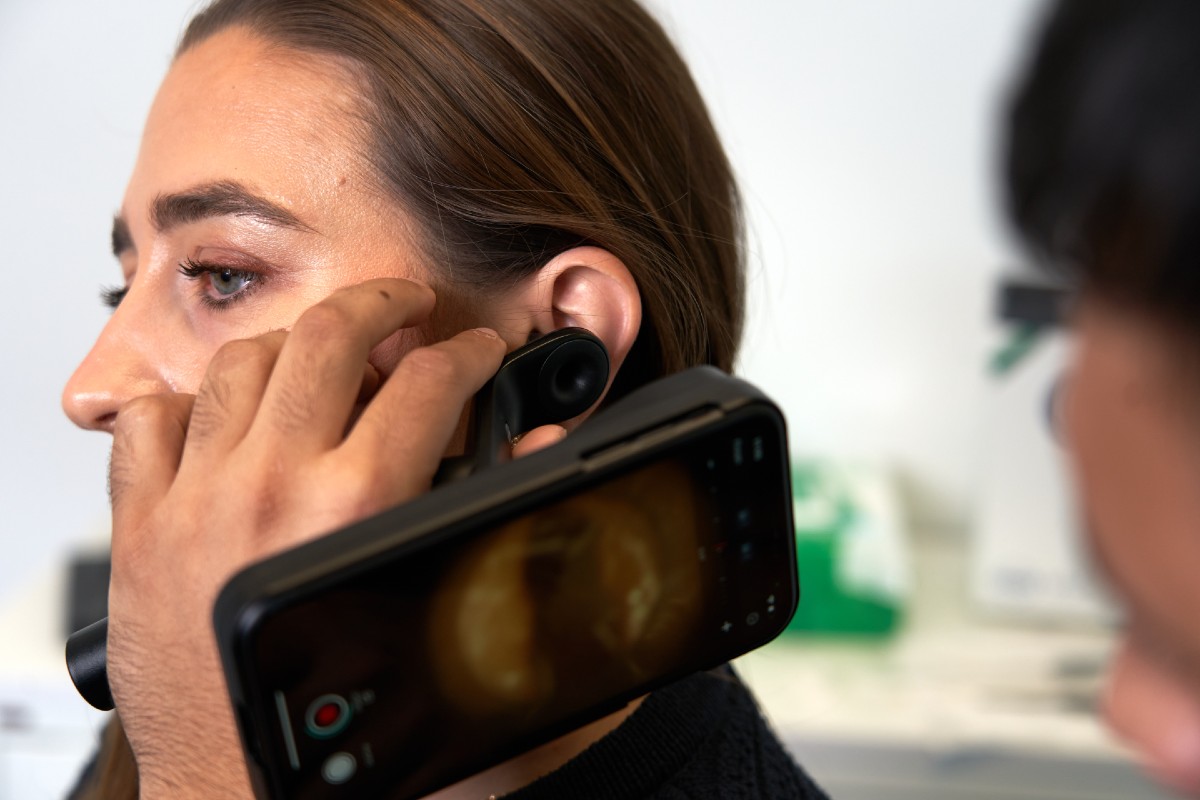The Health Services Safety Investigations Body (HSSIB) report finds the healthcare sector lacks robust systems to monitor and manage this issue, even as demands on the NHS workforce become more challenging and intense.
The report highlights that fatigue in healthcare is often misunderstood, viewed primarily as a well-being concern rather than a critical patient or staff safety risk.
Although individual actions by staff can help to mitigate fatigue, this narrow perception leads to fatigue being treated only as an individual issue, with limited organisational accountability. The report highlights how this misunderstanding can create a culture of blame.
In the report, staff share concerns about speaking up when fatigue may have contributed to patient safety incidents, fearing disciplinary action from their employers or professional bodies. This culture discourages transparency and hampers opportunities for system-wide learning and improvement, the report says.
In addition, the HSSIB report highlights that a positive safety culture is key to managing this risk. Some NHS trusts are already making progress, for example, using fatigue-related questions in incident reports to identify gaps. In contrast, other safety-critical industries treat fatigue as a recognised hazard by organisations and is supported by formal fatigue risk management systems.
HSSIB recommends that NHS England/DHSC identifies and reviews any current processes that may capture staff fatigue-related data. The output of the review should identify how information about factors impacting on staff fatigue can be collated and further enhanced to aid the understanding of fatigue risk in healthcare. This data will help inform the development of any future strategy and action to address staff fatigue risk and its impact on patient safety.
In addition, HSSIB recommends that the NHS Staff Council, via the Health, Safety and Wellbeing subgroup, convenes fatigue science experts and other key stakeholders to develop and test a consensus statement defining fatigue for all healthcare staff. The group should work with existing networks to promote the definition and a shared understanding of the causes and impacts of fatigue. This will help to support a consistent understanding of fatigue among healthcare providers and improve the understanding of factors that may impact on staff fatigue and patient safety.
Saskia Fursland, senior safety investigator at HSSIB, said: ‘Awareness of the risks that staff fatigue poses to patient safety is beginning to grow within healthcare, but our investigation found that understanding remains inconsistent and fragmented. This challenge is further compounded by limited data and the absence of coordinated national oversight – factors that significantly hinder effective risk management.
‘As the NHS prepares for reform, the report underscores the need for strong, unified action to protect both patients and healthcare professionals from the risks associated with fatigue.'
The full report can be found here.



